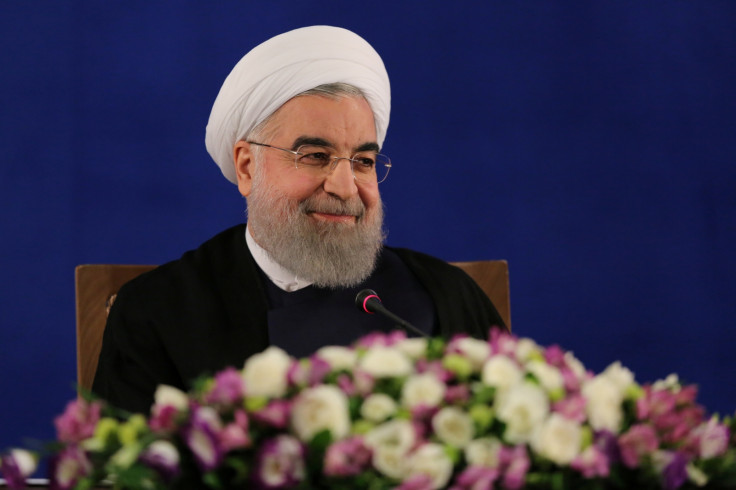Iran rejects US demands for inspection of all nuclear sites within country
US envoy to the UN Nikki Haley said Iran should allow IAEA to inspect its military, nonmilitary and undeclared nuclear sites.

Iranian President Hassan Rouhani has rejected US demands to allow the United Nations nuclear watchdog to inspect all its nuclear sites, stating that he will not surrender to any US pressure.
"It is regulations that determine our relations with the IAEA [International Atomic Energy Agency], not US pressure," the president reportedly said on Tuesday (29 August) in a televised interview.
In accordance with the nuclear deal signed between Iran and other UN members, including the US, the IAEA conducts regular inspections of some nuclear sites to check for compliance. However, in a recent demand, US ambassador to the United Nations Nikki Haley said Tehran should allow the UN watchdog to inspect all the military as well as nonmilitary sites in the country.
"Iran has publicly declared that it will not allow access to military sites. But the JCPOA [Joint Comprehensive Plan of Action or the Iran nuclear deal] makes no distinction between military and nonmilitary sites. There are also numerous undeclared sites that have not been inspected yet. That's a problem," Haley had said following a meeting last week with IAEA experts in Vienna, Austria.
She added: "I have good confidence in the IAEA but they are dealing with a country that has a clear history of lying and pursuing covert nuclear programs, so we are encouraging the IAEA to use all the authorities they have and to pursue every angle possible with the JCPOA and we will continue to support the IAEA in that process."
Responding to Haley's comments, Rouhani said: "I don't think that the IAEA does anything under US pressure but if, hypothetically, this happens, we will not accept anything by force."
He also warned that Tehran "will not be the first to violate the agreement, but at the same time, we will not stand still if the other side does". The president was apparently referring to the new set of sanctions imposed on the country by the US in late July following a rocket engine test conducted by his country.
Rouhani had stated at that time that the sanctions were a violation of the 2015 Iran nuclear deal, which requires the signatories — China, France, Germany, Russia, the UK, the US, and the EU — to lift all economic sanctions against Iran in exchange for a ban on nuclear missile tests.
The president, who was recently elected for a second term, had also vowed to continue with its missile programme "with full power" despite the new sanctions.
Tehran continues to be under several international sanctions for allegedly backing terrorist activities, but some sanctions were lifted by the previous White House administration, led by Barack Obama, after the country was found compliant of the nuclear deal.
Recently, US President Donald Trump objected to certifying the lifting of the sanctions, accusing Tehran of supporting terrorism. He also wanted the nuclear deal scrapped, but he had to certify the deal twice so far on the advice of his national security staff. The next deadline to certify the agreement is due in October.
© Copyright IBTimes 2024. All rights reserved.





